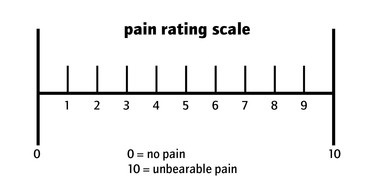Anaesthesia
You have been scheduled to undergo surgery soon. Your treating specialist has already discussed the procedure with you. The operation you will undergo requires a form of anaesthesia (either general or local).
This means that you will be given medication either to fully anaesthetise your body (general anaesthesia) or to only numb the region of the body where the operation is to take place (local anaesthesia). This is done by the anaesthesiologist.
The most common types of anaesthesia
- General anaesthesia: This involves the entire body being anesthetised, whereby the patient temporarily loses consciousness. The anaesthetic drug is delivered intravenously.
- Local anaesthesia: a large section of the body is numbed, for example, the abdomen or an arm. This is done by means of an epidural. You will remain conscious, but will not be able to see the surgery being performed. If desired, you can be given a sedative to be unconscious during the procedure.
Preparing for the operation
You will be called the day before the operation between 1:00 p.m. and 4:00 p.m. about the exact time of the operation. You will have to fast on the day of surgery (no eating, drinking or smoking).
- If your surgery is scheduled for before 1:00 p.m.
You will have to have fasted starting from 12:00 a.m. midnight. - If your surgery is scheduled for after 1:00 p.m.
In the morning you may eat two rusks or crackers with jam (but no butter) before 8:00 a.m. Up to 2 hours before the operation you can drink a glass of water, a cup of tea or some light juice. You will be able to take any medications you may have, except for any blood-thinning medicines; you must first consult your specialist before you can take these.
Pain control after the operation
After the operation you will be given painkiller tablets or suppositories. You can use the scale below to indicate your level of pain. ‘0’ means no pain, and ‘10’ means the pain is unbearable. Also make sure to report if you only feel pain when coughing and/or making certain movements.

Discharge home
After you have been discharged from the hospital, you will have to take the following into consideration:
- You will not be allowed to drive a vehicle when discharged from hospital. Make sure to arrange transport or a taxi ahead of time.
- Do not exert yourself too much for the first 24 hours after the operation.
- Do not make any important decisions right after the operation.
- Consume only easily-digestible foods and liquids.
